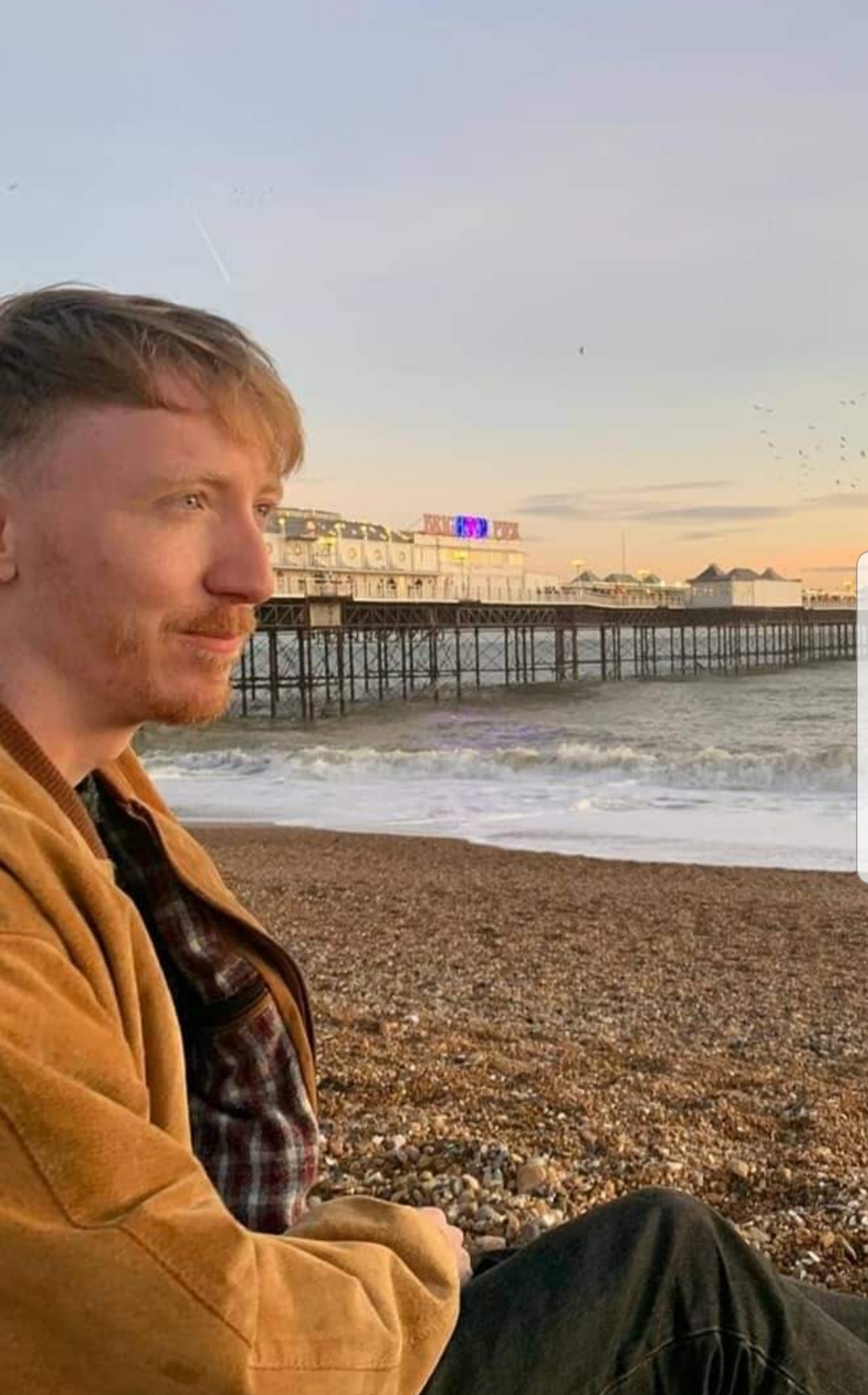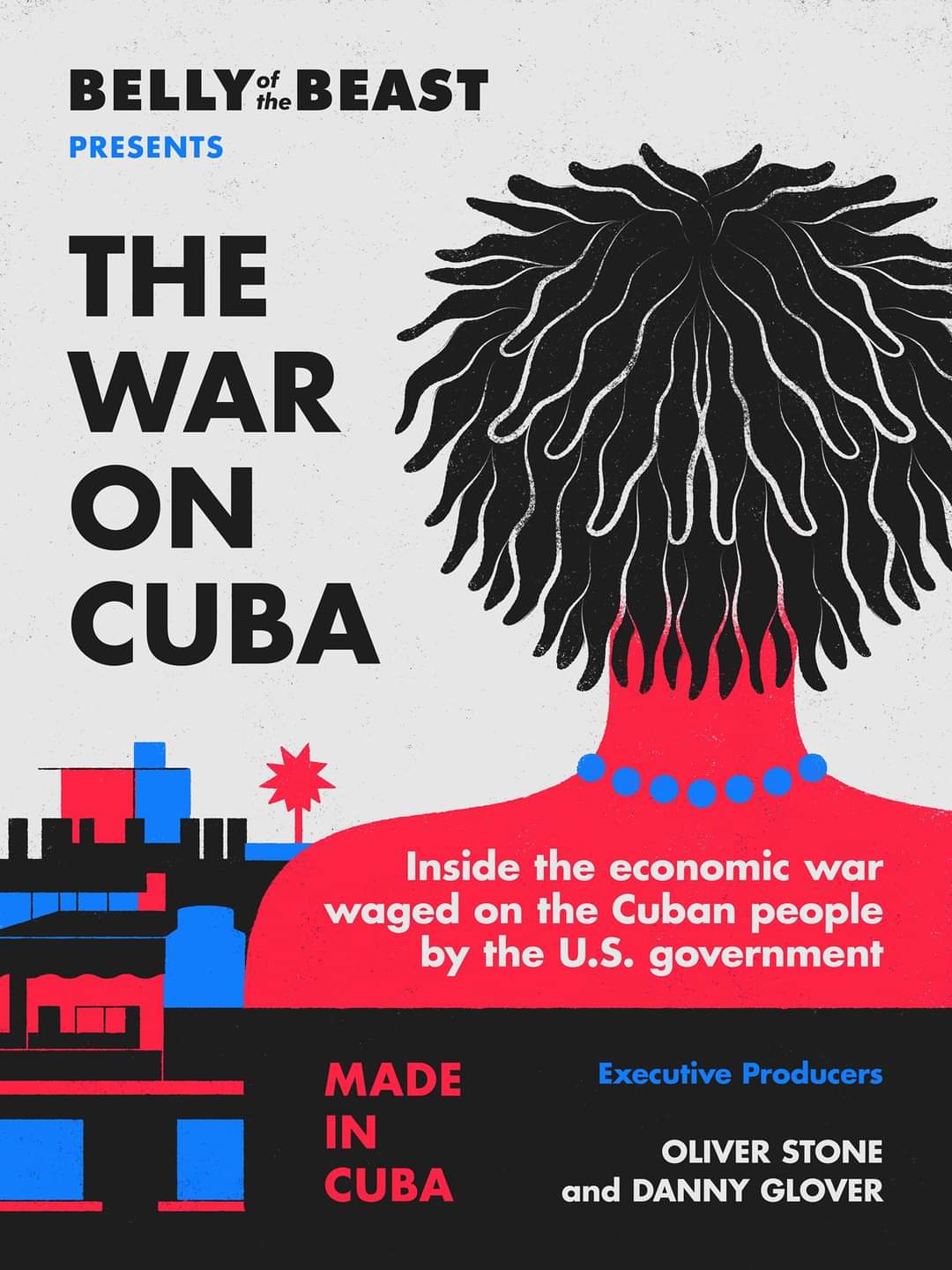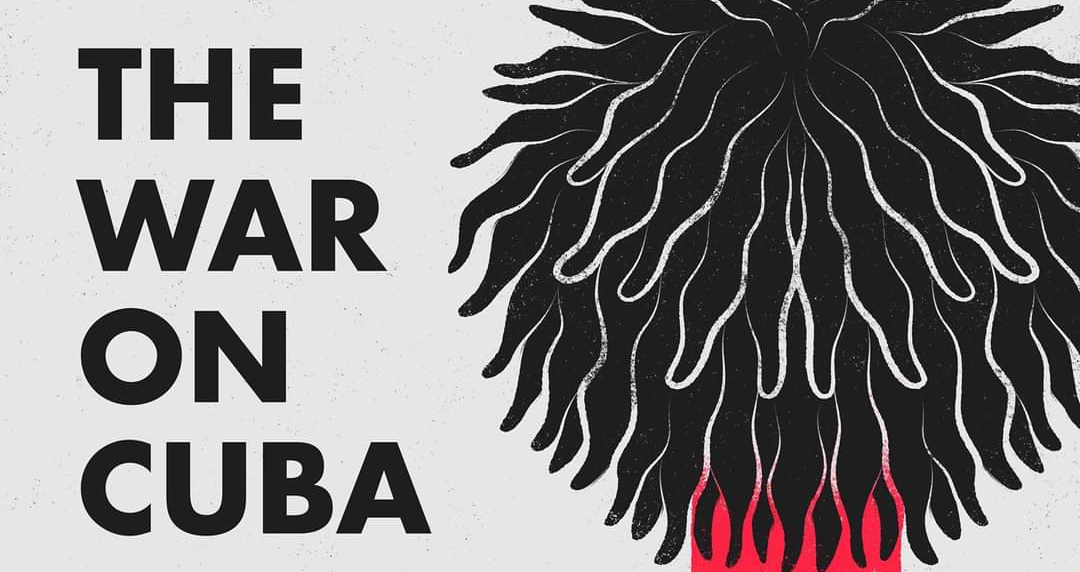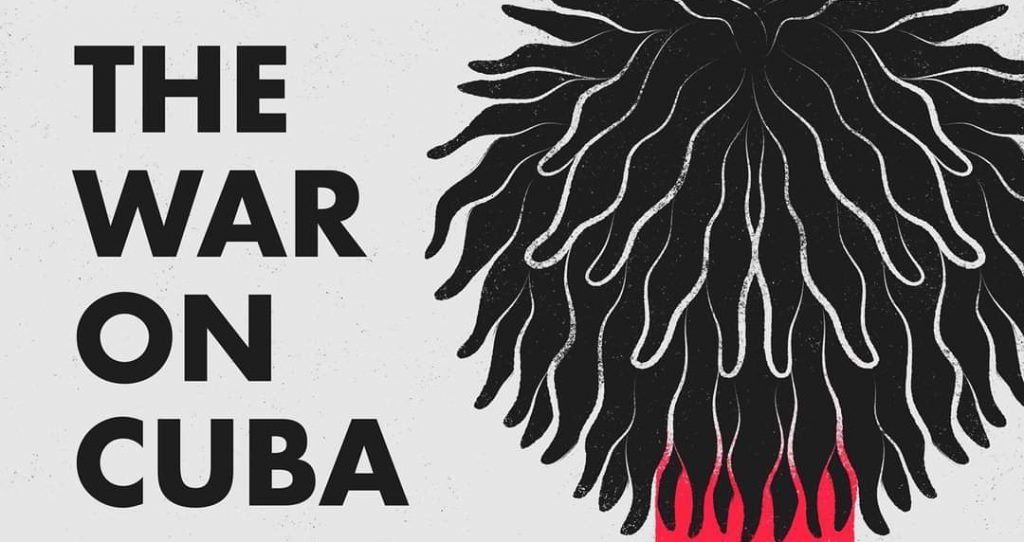Maxime Rigoulay recommends the new three part documentary series, The War On Cuba, by Belly of the Beast, which is a damning indictment of the US blockade on the socialist island in 2020.

The Trump administration, with its cold war nostalgia, has revamped its aggressive policy towards Latin America. Trump’s policy, methods and attitudes towards Latin America appear to harken back those of the last century.
Attempts of regime change, economic sanction, military and political coups, assassinations and contra wars have returned to plague the Americas once again. These developments in the United States’ policy can be best understood as an effort to reassert US hegemony upon Latin America.
One nation that continues to suffer at the hands of US imperialism, is socialist Cuba.
Ever since the Cuban revolution of 1959, the US has lead a campaign of economic war on the island, through the infamous embargo, in an attempt to break the will of the people and return the island to a pre-revolutionary colony status.
The War on Cuba is a new documentary mini-series, available on YouTube. The documentary was created by Belly of The Beast, a Havana based media organisation that focuses on the unheard voices, perspectives and experiences of the people of the global south. The series focuses on the consequences of the United States’ 60 year blockade against socialist Cuba.
The series does an excellent job at highlighting the ways in which US imperialist policy affects the everyday lives of the Cuban people; an experience many in the global south can relate to. Throughout the series we follow Cuban journalist Liz Olivaas, as they report on the economic hardships faced by the socialist nation. The series argues that this blockade is in fact an act of war against the Cuban government and its people.

The blockade has made the lives of the people harder by blocking Cuba’s ability to trade with the US and other states, for merely wishing to be an independent, sovereign and most importantly socialist state. This means that Cuba struggles to access imported goods and materials. These actions against Cuba are an attempt to throttle the Cuban economy, keeping a once colonised nation poor. However, the documentary reveals that these hardships have not broken the will of the people, it has made them stronger and more resilient, in finding alternative means to tackle societal problems.
It is because Cuba is socialist and prioritises the needs of the people that it still provides free health care, housing and education to the masses. Something many much richer capitalists countries in the West, can but refuse to do. This begs the question, what could Cuba achieve if it was not under embargo? This I believe is the reason why the US cannot allow the Cuban revolution to develop freely, for it would surely rival capitalist hegemony and possibly inspire much of Latin America and the global south to struggle for socialism.
Episode one introduces viewers to the realities of life under embargo, the mechanics of the blockade and how it has developed over the decades.
It looks back at the shift in US attitudes towards the island during the Obama administration.
This was a time of improved relations between the two countries, many Cubans had hoped that this was a sign that the possibility for the blockade to finally be lifted had emerged.
Unfortunately since the election of Trump, relations have degenerated rapidly. Trump made it a priority of his to impose harder and stricter restrictions upon Cuba and its people, scrapping the work of the previous administration and smashing Cuba’s hopes of moving forward.
Episode two focuses on Cuba’s fuel crisis of last year. It explains the trading relationship between Cuba and Venezuela, another country that is in the cross hairs of US imperialism. Venezuela possess the largest oil reserves in the world, which it trades with Cuba in exchange for doctors and medical support. This relationship is unacceptable to the US financial and hegemonic interests as it symbolises a strengthening of solidarity and co-operation, against their imperialist agenda.
As the US ramps up aggression towards Venezuela it simultaneously effects Cuba. The documentary highlights the necessity of an international anti-imperialist front among all socialists. We must show our support for their struggles and condemn the aggressive actions towards Cuba, Venezuela and all oppressed nations.
Episode three analyses Cuba’s response to COVID-19 and the global pandemic. Liz Olivaas begins by stating that the US has 60 times more Covid-19 deaths per capita than Cuba, and that this is no surprise. For Cuba has more doctors per person than anywhere else in the world. The Cuban health care system whilst strained by the economic war, is still the envy of the world. The socialist system values doctors and treats them as the heroes they are.
Cuba not only provides their own people with this excellent health care, but also exports it to other countries. Cuban doctors have fought on the front lines of various crisis around the world, even offering help to the victims of hurricane Katrina in the US.
Cuba has formed international health brigades, that have helped poor countries battle crisis such as Ebola, free of charge. Cuba only charges countries for its health services that can afford to do so, 25% of this goes to the doctors themselves while the rest goes to the Cuban state. This has been a point of criticism from many in the west, but as the documentary shows, these doctors understand and are content that the money put back into the state helps fund its health care system, research, repairs, raw materials and development schemes for the benefit of the whole society.
The episode reveals that the humanitarian and international service that Cuban doctors provide, whilst greatly inspiring and heroic to many, has come under attack in the recent years. This is because the capitalist nations refuse to provide these kinds of services to their own people, let alone poorer countries. Instead capitalists would rather make profit out of the necessities of decent free health care.
The right-wing figures that attack these doctors are motivated by their despicable ideology, one that refuses to aid those most in need unless they can extract a hefty profit. The attempts to discredit Cuba and its medics have be completely shattered with the outbreak of COVID-19, the mishandling of the pandemic in the West and the heroism of Cuba’s health brigades.
In response to the COVID-19 crisis of these year, Cuba sent a team of doctors to aid Italy which was the epicentre of the pandemic at the time. Liz interviews a Cuban doctor who helped battle the Ebola crisis of 2014 in West Africa and went to help the crumbling Italian health care system this year. He says he was more than happy to help the Italians as he wanted to save lives, and that the gratitude he received from the Italian people as they left having dealt with the worst of the crisis, was the best feeling of his life. When asked why he puts himself in such danger, he replies that he has the desire to be useful and seeing the happiness on people’s faces is worth more than a high wage.
Another doctor Liz interviews discusses his time providing health care in Brazil (a much wealthier state than Cuba) before Bolsonaro kicked out the Cuban doctors. He says that, the poor Brazilian people he treated were grateful to him and other Cuban doctors, for unlike medical care in capitalist societies, they did not see their patients as merchandise, but people who needed their help. Bolsonaro was forced to request the doctors return to Brazil due to his regime’s disastrous mishandling of the pandemic.
The War on Cuba is a fantastic documentary series that is essential viewing for people in the West. The truly inspiring will of the Cuban people, refutes all claims that there is no alternative to capitalism or that socialism is not possible. The truly humane society that they have built still suffers greatly from the actions of US and its allies, but still manages to provide its people with a decent life.
The achievements of the Cuba revolution have already been incredible, but the embargo remains its biggest obstacle. We must all show our solidarity with Cuba, demand that the embargo be lifted and condemn the US for its long economic war against the Cuban people.
Hasta la victoria siempre!
Maxime Rigoulay




